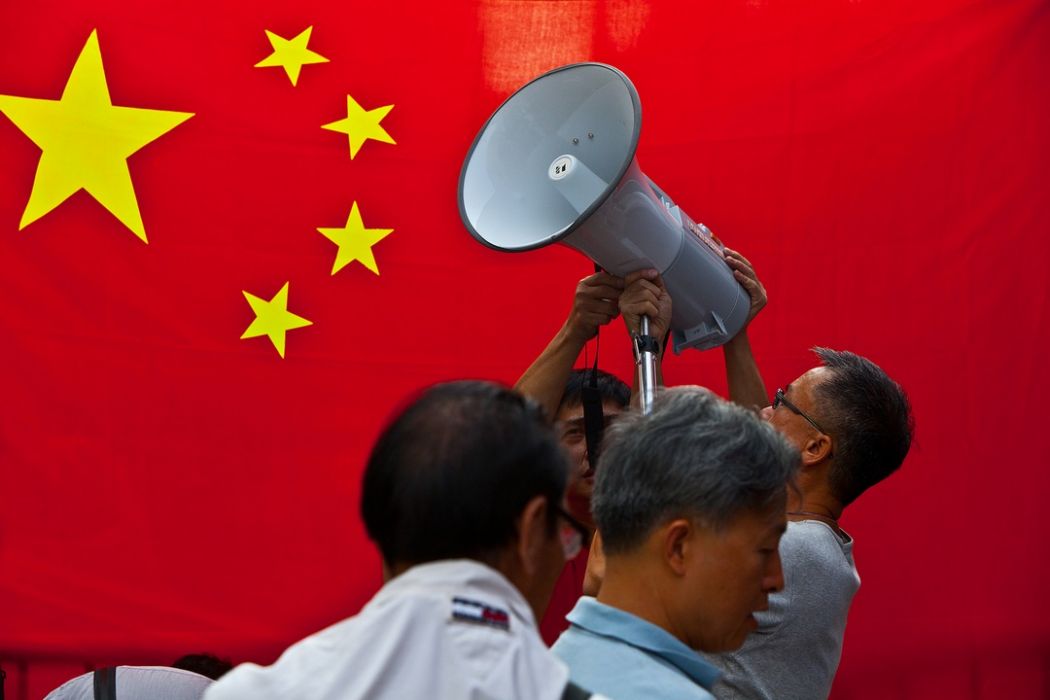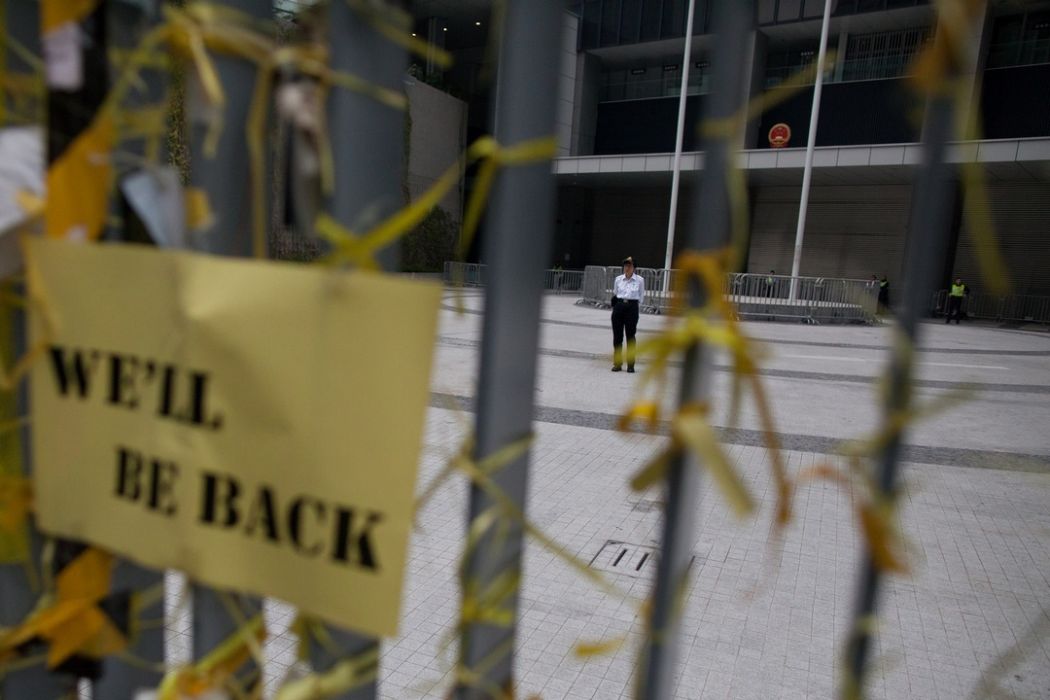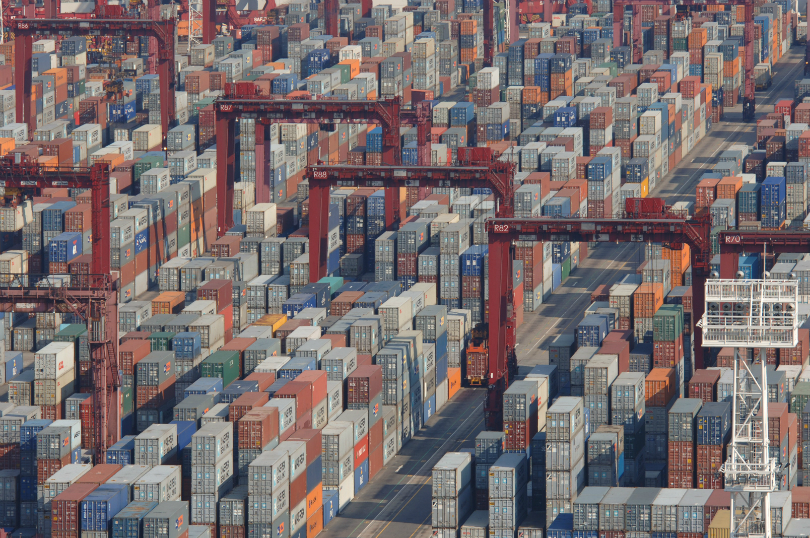By Palden Sonam
In 1971, Henry Kissinger, then US National Security Advisor, made his famous secret trip to China to realize President Nixon’s dream of bringing an isolated China into the family of nations. Kissinger did his job well and the rest is history.
However, if we look back at four decades of US policy on China, there is one constant, despite the ups and downs in their relations. The constant is the policy of integration/engagement with Beijing – a continuity from Nixon to Obama cutting across eight different presidents.

The policy of engagement has been pursued with the rationale that as China integrates with the international community, its economy will develop. Growing prosperity will gradually give rise to more political plurality – eventually to liberal democracy. James Mann calls this policy of engagement America’s China Fantasy.
Today China has the second largest economy in the world and predictions estimate that it will surpass the US at some point. However, democracy still remains a long way away. With Xi Jinping abolishing his term limit and increasing the use of repressive measures to control every aspect of society, this American fairytale is fast giving way to an Orwellian reality reinforced by a high-tech surveillance system.
I agree with James Mann that security calculations and business opportunities have factored significantly in successive American presidents’ decisions to continue with the same policy.
Nevertheless, it could also be that the United States and its Western allies have overestimated the power of wealth to engender liberal political reform, and underestimated the ability of the Chinese Communist Party to maintain its control through indoctrination, intimidation and cooptation.

In fact the party cleverly and continuously propagates economic success as one of the main reasons for Chinese people to support its leadership.
The bloody suppression of the 1989 democratic movement in Beijing was the loudest wake-up call for Washington to discard its China Fantasy. The call went unheeded. It will be another fantasy to hope and wait for another Tank Man on Tiananmen Square. Of course, China has more and better tanks than before, but where is the Man?
After the crackdown, the Beijing regime launched a political witch-hunt for democratic activists. Still a British colony then, Hong Kong played a vital role in fetching out many political dissidents to freedom under the Yellow Bird Operation, carried out by the Hong Kong Alliance in Support of Patriotic Democratic Movements in China.
Every year, the city holds a massive vigil on June 4 to honour those who sacrificed their lives for freedom and democracy, and to carry the movement forward.
Since its handover to China in 1997, Hong Kong has remained a beacon of hope for democracy in China. Things like rule of law, free press and relative political tolerance, it was argued then, will be irresistible to people in the Chinese mainland.
The optimists then thought that Hong Kong would turn China into the place where Fukuyama’s history would realize its end, as 1.3 billion Chinese people would see the light of liberty and democracy.

Hong Kong as a political model also appealed to people in Tibet and Xinjiang. Tibetan and Uyghur leaders expressed great willingness to solve the political issues through dialogue with the Chinese government and asked Beijing to come to terms with genuine autonomy for their homelands – a political arrangement similar to One Country, Two Systems in Hong Kong.
However, the way in which Beijing has treated Hong Kong, especially after the Umbrella Revolution, has undermined the whole idea of Hong Kong as an inspiration for political reform in China and a political model for troubled peripheral regions like Tibet.
Whether it’s the kidnapping of booksellers or banning of elected leaders; Hong Kong’s fate is sadly slipping into a Mainland ditch. Pessimists now question whether Hong Kong can remain Hong Kong.
For the Tibetans and Uyghurs, Hong Kong is not coming to their homelands and the other way round is not unlikely. Recently Hong Kong’s deputy security minister led an anti-terrorism task force to Xinjiang to study the efficiency of their counterparts in the region, where more than a million local people are held in re-education camps as suspected terrorists.
Does this mean that one day Hong Kong will also treat its democratic activists as terrorists or put them in re-education camps?
For Taiwan, Xi Jinping’s New Year offer of unification on the basis of the One Country, Two Systems should be weighed with Hong Kong as the litmus test of the model. If China genuinely wants to sell the model to the Taiwanese; its record in Hong Kong needs to be impressive and promising.

The Western powers were reluctant to use trade as a lever to improve human rights and foster political reform in China when they had the edge. This has not discouraged Beijing from weaponising its trade to punish countries, companies and even individuals whose views on issues like human rights, democracy or Tibet are different from the Chinese position.
Trading off values like human rights for market access to China not only made the one-party dictatorship confident, but also comfortable with its suppression of dissident, religious and national minority groups.
Beijing’s increasing intrusion into Hong Kong’s internal affairs and stifling democracy in the city is also partly due to its past experience: that Chinese authorities can always get away with anything, regardless of how horrible or bloody their actions are.
Look at Tibet, Xinjiang, Falun Gong and Tiananmen Square; the authoritarian regime may not hesitate to play Hong Kong with the same rule book if the international community remain spectators.
Palden Sonam is a researcher at the China Research Programme at the Institute of Peace and Conflict Studies in Delhi, India. He has an MA in East Asian Studies from Delhi University and M.Sc in Chinese Politics from School of Oriental and African Studies (SOAS), London. His research interests including Chinese domestic politics, US-China relations, Sino-Indian relations and China’s minority policies.
